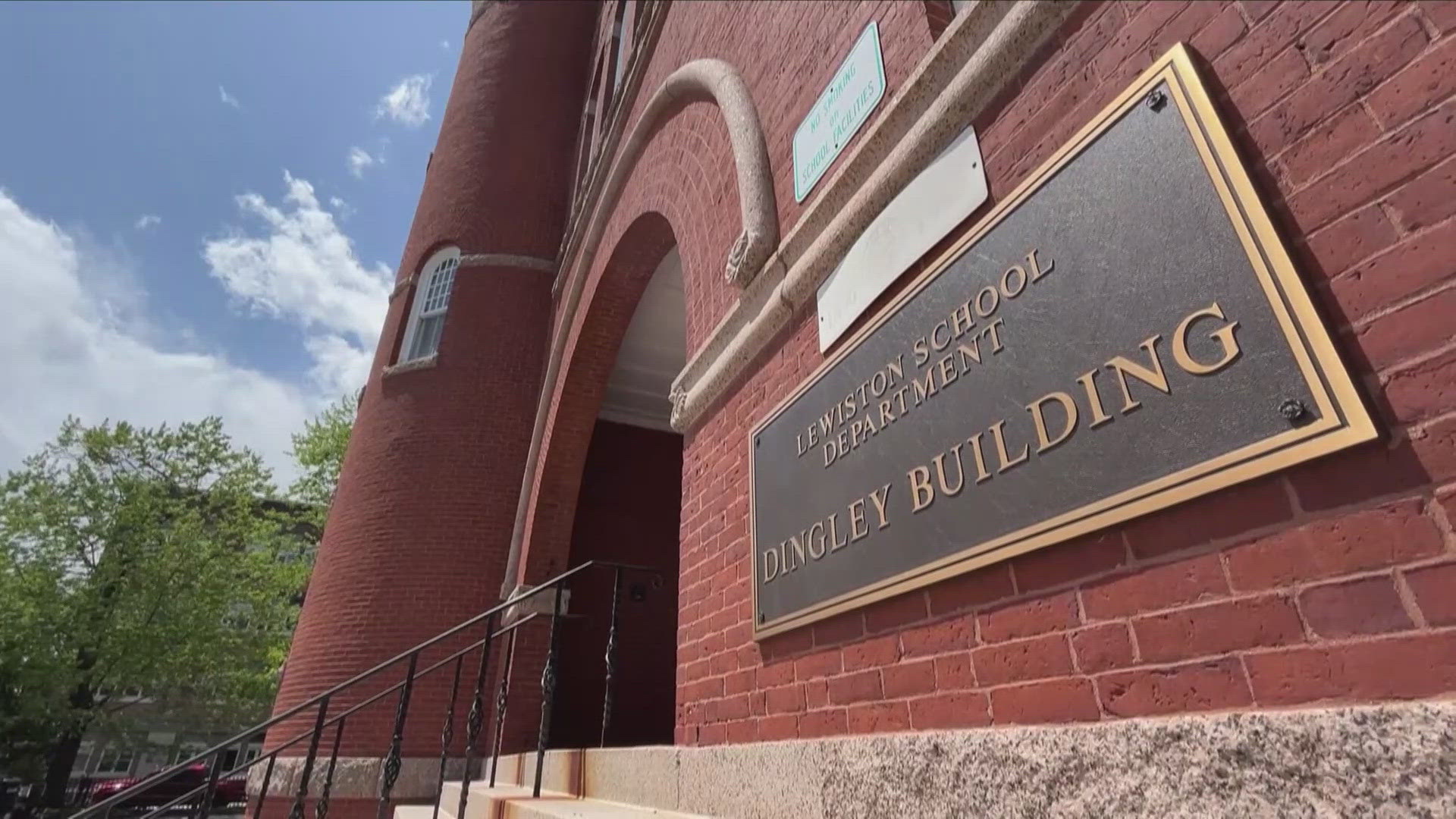LEWISTON, Maine — After voters shot down two school budget proposals, Superintendent Jake Langlais presented a third version to the Lewiston City Council on Tuesday, proposing severe cuts.
The new $110 million proposal would cost taxpayers $3 million less than the first plan, which was voted down in May. The original plan was roughly $111 million, and the reduction of $3 million is offset, in part, by other budgetary changes not having to do with the city’s finances, according to Langlais.
To whittle down the cost of running Lewiston Public Schools, Langlais has now proposed cutting 28 jobs from the first version of the budget. While 60 positions were cut last year, Langlais says most of those jobs were vacant—which is not the case this year.
In addition, the new budget would cut thousands of dollars for library books and periodicals, undo plans to expand the city’s special education program, and slash the number of school resource officers on the payroll.
“That’s not light. That’s a big reduction,” Langlais, who said he is deeply concerned with a budget he is compelled to put forward, said Tuesday. “It feels like some of the voice of reason is missing in the process.”
Much of the resistance that has led voters to reject the two earlier proposal has to do with the cost to taxpayers. Under the most recent budget plan, property taxes would increase $1.16 per $1,000 dollars of property value. That means an owner of a home worth $150,000 would have to pay $174 more in annual taxes just from the school budget increase.
Some worry this is too large a burden for many Lewiston residents to bear.
“I don’t think their economics could handle the rapid increase of a school budget,” Charles Arthur Soule, a Lewiston resident, said Tuesday.
But leaders in the education community feel the increased costs are inevitable as wages and the overall price of education ticks up.
“If you’re going to maintain and retain the kinds of services you want, then you’re going to see that go up incrementally each year,” Steven Bailey of the Maine School Management Association explained.
With the plan now presented to the city council, a vote is scheduled for next Monday. If the council passes the budget, it will go to the voters for final approval. If that doesn’t happen by July 9, Langlais said the city would have to freeze certain educational programs, like after-school programs.

